R+S+I: Studi clinici presso l’Instituto Bernabeu:
Genetica
Un corretto trattamento medico deve combinare, insieme alla dedizione puramente assistenziale, la personalizzazione del processo e, in alcuni casi, l'applicazione della tecnica Ricerca + Sviluppo + Innovazione. All'Instituto Bernabeu portiamo avanti costantemente diverse linee di ricerca a cui i nostri pazienti possono iscriversi, se lo desiderano.

TROVA PER TIPE OF RESEARCH:
IL PIÙ RILEVANTE

Effect of IBgen RIF genetic profiling and adjuvant therapies
Investigation subject: the adjuvant treatment a patient would benefit from according to her genetic profile according to the IBgen RIF test.
Objective: this study aim is to identify IBgen RIF risk genotypes that show a benefit after administration of a given adjuvant treatment.
Current situation: An article is currently being written for publication in a specialised journal in Reproductive Medicine.
Location: Molecular Biology and Genetics Department. Instituto Bernabeu Alicante.
Coordinated by: Dr Belén Lledó and Dr Ana Fabregat.
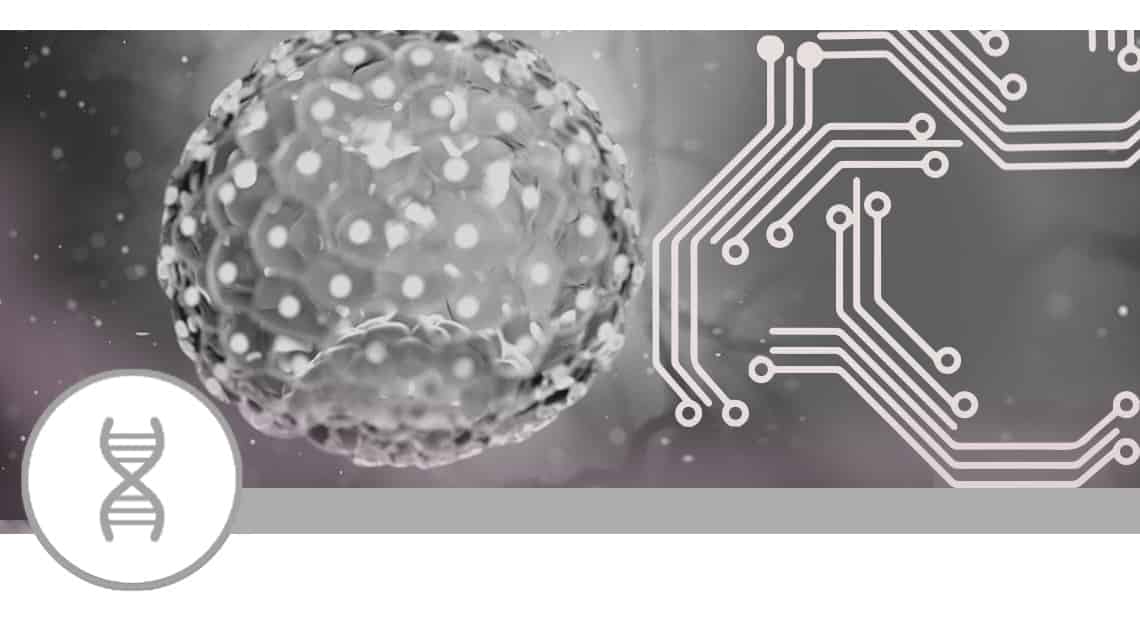
Machine learning and euploid embryo implantation
Investigation subject: human embryos from in vitro fertilisation (IVF) cycles whose chromosomal endowment has been analysed by PGT-A.
Objective: exemplary Machine Learning algorithms to predict the probability a euploid embryo (analysed by PGT-A) will implant in the maternal uterus. Different patient characteristics (maternal and paternal), IVF cycle, embryos, ovarian stimulation and embryo biopsy will be used as predictor variables.
Current situation: The number of cases is currently being expanded and after the appropriate statistical analysis.
Location: Molecular Biology and Genetics department. Instituto Bernabeu. Alicante.
Coordinated by: Dr Jose A. Ortiz, Dr Ruth Morales and Dr Belén Lledó.
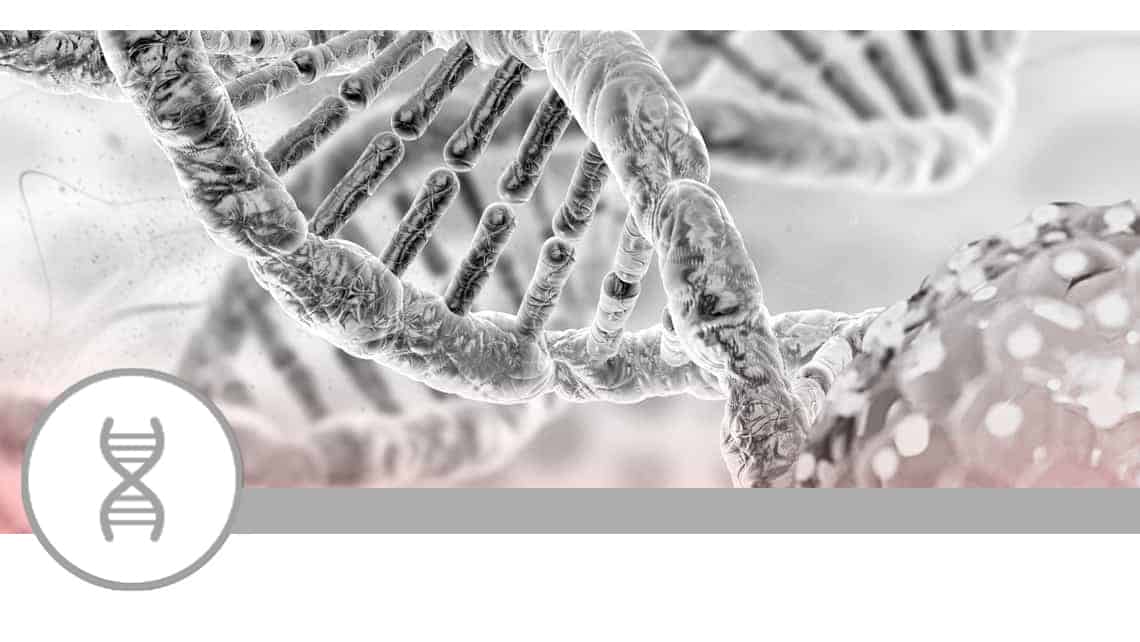
Meta-analysis and systematic review of factors associated with embryonic mosaicism
Investigation subject: possible factors, such as maternal and paternal age, semen quality, embryonic quality or the day of biopsy that could be associated with embryonic mosaicism.
Objective: to perform a systematic review of the available scientific literature related to the possible factors associated with embryonic mosaicism, with its corresponding meta-analysis.
Current situation: embryonic mosaicism (presence of two or more chromosomally different cell lines in the embryo) has become a topic of great interest in recent years, due to the fact that a percentage of the embryos analyzed by PGT-A are diagnosed as mosaics. This has generated continuous research in this field,to try to find out the causes and factors that may be associated with this phenomenon.
Location: Instituto Bernabeu Alicante.
Coordinated by: Dr Ruth Morales and Dr Belén Lledó.
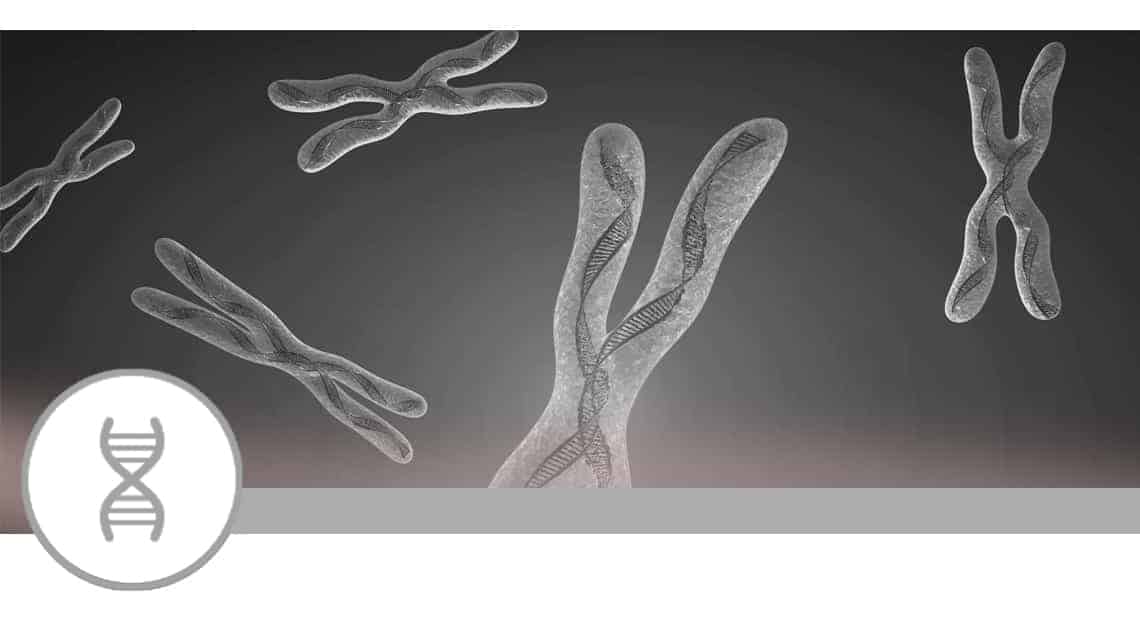
Predictive model for chromosomal abnormalities
Investigation subject: human embryos from in vitro fertilisation (IVF) cycles whose chromosomal endowment has been analysed by PGT-A.
Objective: topredict the probability of an embryo being euploid (chromosomally normal) from different patient data, IVF cycle and embryo morphological characteristics.
Current situation: pending for publication
Location: Instituto Bernabeu’s Molecular Biology and Genetics department. Alicante.
Coordinated by: Dr Jose A. Ortiz, Dr Ruth Morales and Dr Belen Lledo.
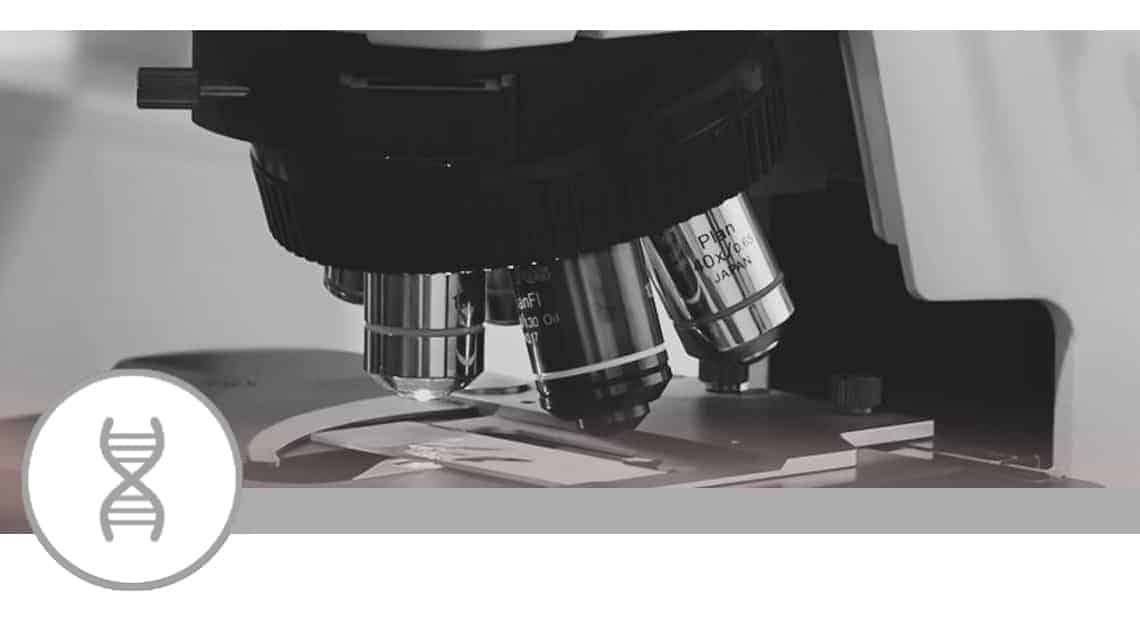
Assessment of clinical outcomes after IBgen FIV
Investigation subject: clinical and ovarian stimulation results of patients who have undergone the IBgenFIV test.
Objective: the main objective of this study is to test the efficacy of the IBGenFIV test in improving clinical data and thus to find out if it’s clinically useful.
Current situation: statistical analysis.
Location: Instituto Bernabeu’s Molecular Biology and Genetics department. Alicante.
Coordinated by: Dr Belen Lledo and Dr Jose A. Ortiz.
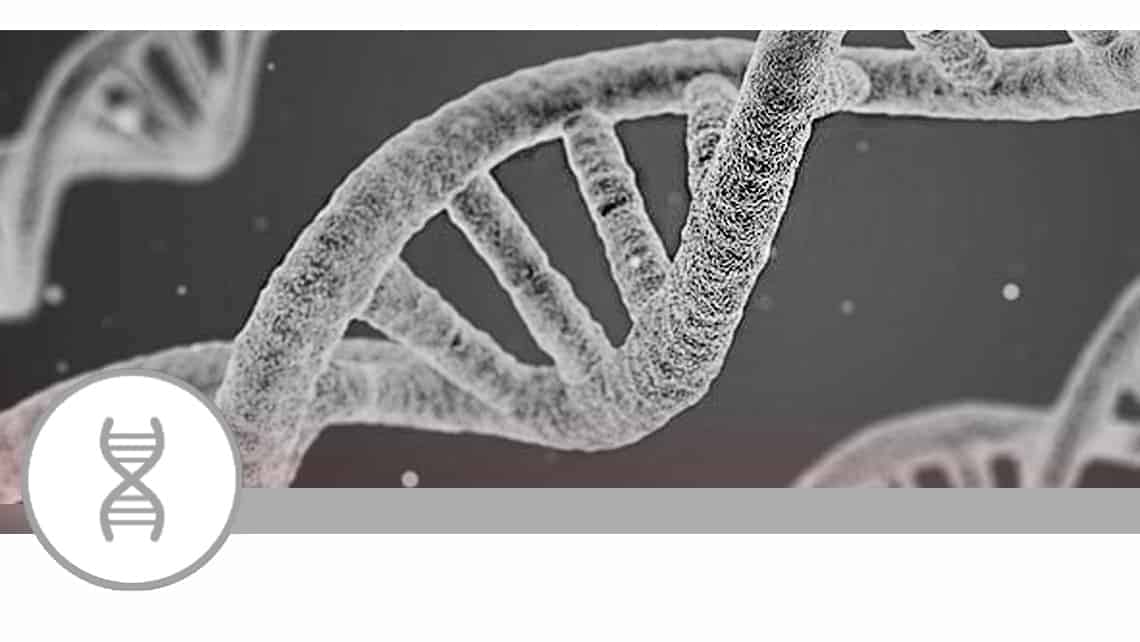
Whole-exome sequencing in premature ovarian failure
Investigation subject: Identification of novel variants and candidate genes in women with familial idiopathic premature ovarian failure (cessation of menstruation before age 40) using whole-exomesequencing (WES).
Objective: To identify a genetic cause of familial premature ovarian failure (POF) with whole-exome sequencing.
Current situation: Premature ovarian failure is a common cause of infertility in women. This pathology has a heterogeneous etiology. Some chromosomal and genetic alterations have been described, and could explain approximately 20% of cases. However, in most patients the origin remains unknown. Recent studies with next-generation sequencing (NGS) have identified new variants in candidate genes related with premature ovarian insufficiency (POI) or premature ovarian failure (POF). These genes are not only involved in processes such as folliculogenesis, but also with DNA damage repair, homologous recombination, and meiosis.
Location: Instituto Bernabeu Alicante.
Coordinated by: Dr Ruth Morales and Dr Belén Lledó.


